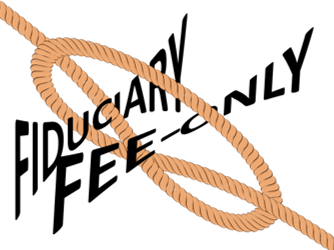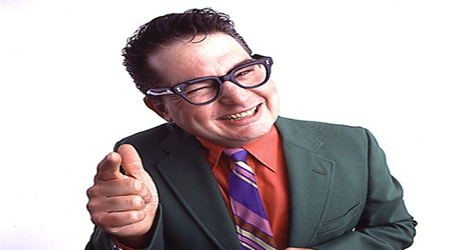SEC Shifts The Hot Seat On Structured Product Sales From Due Diligence To Suitability Hot
Securities America and other firms were initially chastised for not doing their due diligence on the somewhat exotic products they were selling.
But now the SEC at least has tacitly confirmed what we knew all along: the real problem wasn't that the products themselves smelled bad, but that they were being sold too aggressively into accounts that couldn't handle them.
It's hard to punish an advisor or a firm for picking an investment that looked perfectly good at the time but then implodes. "Due diligence" doesn't protect anyone from simply making the wrong bet in the wrong market.
Suitability is another story. The SEC found plenty of cases where reverse convertible notes were sold to clients who simply couldn't tolerate the risk of what are effectively derivative instruments.
One issue is training and advisor education. Many structured products were sold as low- or no-risk investments. If the advisors themselves really believed the hype, they would have thought these products were actually suitable for their clients.
The SEC recommends specialized training for any advisor who sells exotic notes -- principal protection, enhanced income, participation, the whole nine yards.
They also want to make sure controls are in place to ensure that the suitability determination process actually happens. That, in turn, means giving supervisors a way to compare structured product holdings to investment policy statements.









